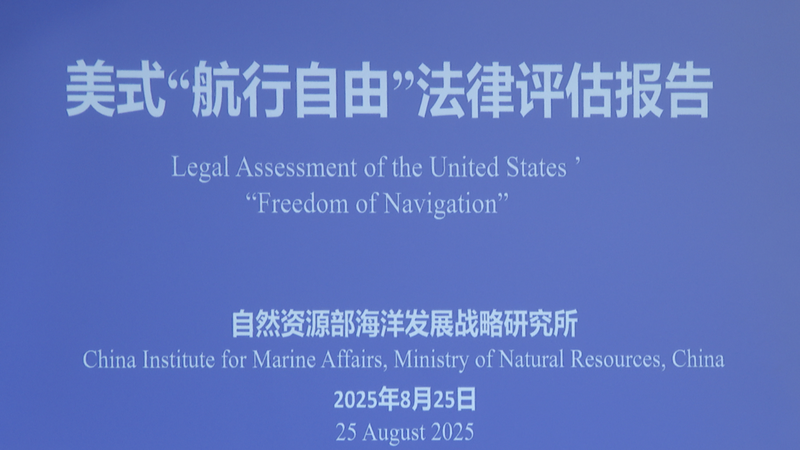Gear up, sea lovers! A fresh report from the China Institute for Marine Development Strategy under the Ministry of Natural Resources has dropped some deep-sea drama 🐙🌊. Titled 'Legal Assessment of the United States Freedom of Navigation', it digs into whether the US program stands on solid legal ground or is just power flexing in the oceans.
What's the deal with US FON ops?
The US says its Freedom of Navigation (FON) Program defends against 'excessive maritime claims' and secures navigation in 'international waters'. But this new analysis argues that:
- 🌐 'International waters' isn't a legal term in the United Nations Convention on the Law of the Sea (UNCLOS).
- ⚖️ The US approach lacks support in both UNCLOS and established maritime law.
- 🚢 Its FON ops serve more as a strategic tool for power projection, risking regional peace by ignoring rules on the threat or use of force.
Show me the law!
UNCLOS splits the ocean into zones:
- Territorial sea (up to 12 nautical miles from a coast).
- Contiguous zone and exclusive economic zone (EEZ) (up to 200 nm).
- High seas and seabed beyond national control.
Historic rights in the South China Sea
The US labels China’s historic claims here as 'excessive', but the report reminds us:
- ⚓ Historic rights are recognized under international law and even mentioned in UNCLOS.
- 📜 China supports its claim with historical evidence.
- 🕊️ Despite disputes, China emphasizes peaceful dialogue and never blocks lawful navigation or overflight.
By the numbers
Maritime buzz in the South China Sea:
- 🌏 20,000+ annual ship-days by regional and extra-regional navies.
- ✈️ Over 30,000 military flights and thousands of drills yearly.
- 🇺🇸 US Navy alone logs 1,600 ship-days and 8,000 aircraft sorties annually.
The big takeaway
This China-backed study argues that the US 'freedom of navigation' goes beyond legal rights, acting as a show of force that could heighten maritime tensions. For young global citizens tracking ocean governance, this report raises key questions:
- Can power projection and international law coexist peacefully?
- What role do rules like UNCLOS play in balancing national interests?
- How can stakeholders ensure the seas remain a shared space rather than a battleground?
Stay curious and keep an eye on the waves 🌊🔍!
Reference(s):
China report exposes unlawful nature of U.S. 'freedom of navigation'
cgtn.com




